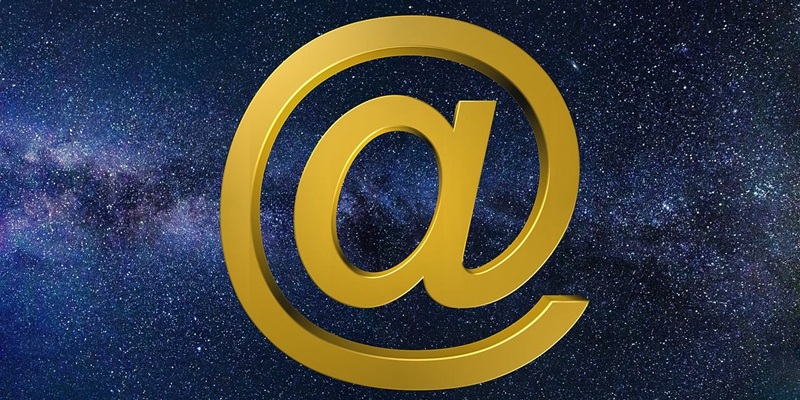Cold emailing is a powerful tool for reaching out to potential clients and generating new business opportunities. However, executing a successful cold email campaign requires careful handling to strike the right chords with recipients. In this article, we will delve into the delicacy and precision required when sending cold emails, the benefits and cautions of email automation, the initial response of recipients, and the role of authenticity in the process.
The Delicacy and Precision of Cold Emails
Effective cold emails go beyond simply blasting generic messages to a list of contacts. They require a tailored approach, considering the recipient’s industry, pain points, and potential value proposition. This level of personalization helps establish relevance and increases the likelihood of a positive response.
Leveraging Email Automation without Sacrificing Authenticity
While email automation can expedite the process of sending out cold emails, it is crucial to strike a balance and not sacrifice authenticity for scale. Automated tools should be utilized to streamline the workflow, but personalization and genuine human engagement should remain at the forefront. Authenticity helps build trust and fosters meaningful connections with recipients.
Questioning the Sender’s Identity
Upon receiving a cold email, the typical initial response is one of skepticism. Recipients often wonder who sent the email and why they have been targeted. This reaction highlights the importance of crafting a strong and compelling subject line and clearly stating the purpose of the email in the opening lines. By addressing these concerns upfront, the sender can increase the chances of receiving a positive response.
As recipients begin to engage with a cold email, they often question how the sender acquired their name and contact details. It is essential for senders to address this concern by explaining the source of information, such as a mutual connection, industry research, or a credible third-party database. Transparency in this regard helps establish trust and reduces skepticism.
Pondering the Rationale Behind Similar Offerings
Recipients often become wary when receiving cold emails offering services they already provide to their clients. They question the sender’s motives and wonder why they would try to sell them the same services. In such cases, it is crucial for the sender to demonstrate a deep understanding of the recipient’s unique value proposition and present compelling reasons why they should consider a partnership or collaboration.
Offering Assistance to Successful Agencies
Some cold emails may make the mistake of offering help to agencies or professionals who have already established themselves as successful. Recipients question why they would need assistance when they are already experienced in their field. To overcome this skepticism, cold emails should focus on providing additional value, whether through innovative strategies, industry insights, or mutually beneficial collaboration opportunities.
The Danger of Sacrificing Authenticity for Efficiency
In the quest for productivity and efficiency, some organizations resort to fully automating their cold email outreach. However, it is important to remember that automation should be used to enhance and complement human effort, not replace it. The risk of sacrificing authenticity arises when automated emails lack personalization, leading recipients to dismiss them as spam or generic marketing messages.
Receiving Sales Emails without Offense
As professionals, many of us have experienced receiving sales emails from companies after engaging with them through other channels. These emails are often seen as a natural progression of the business relationship and can even be helpful in exploring potential solutions. When executed tactfully, recipients do not find these follow-up emails offensive but rather view them as an opportunity to learn more about relevant offerings.
Exploring the Potential of AI in Cold Email Outreach
Artificial Intelligence (AI) has facilitated significant advancements in various aspects of marketing, including cold email outreach. When used judiciously, AI can optimize the process by automating repetitive tasks, segmenting target audiences, and analyzing data for better decision-making. However, it is important to ensure that AI is utilized in a way that maintains authenticity and human connection.
In conclusion, a successful cold email program requires a strategic balance between authenticity and automation. While email automation can streamline processes, it should be leveraged with caution to preserve the personalized and human touch that recipients appreciate. By understanding and addressing recipient concerns, delivering relevant value propositions, and avoiding generic approaches, businesses can forge meaningful connections and unlock the true potential of cold email outreach.

